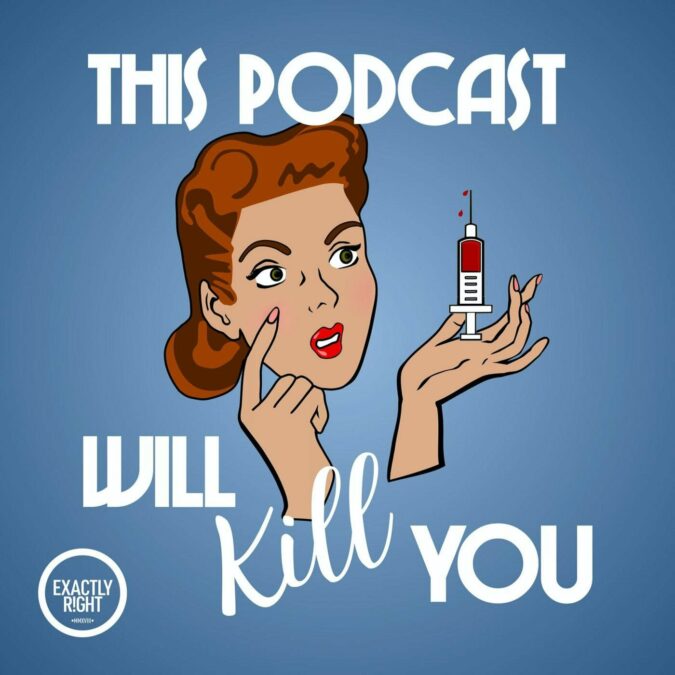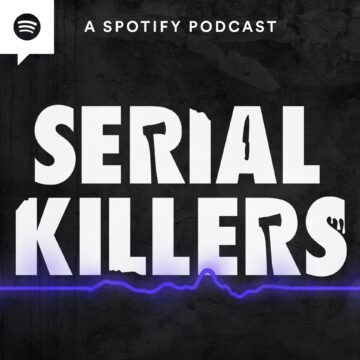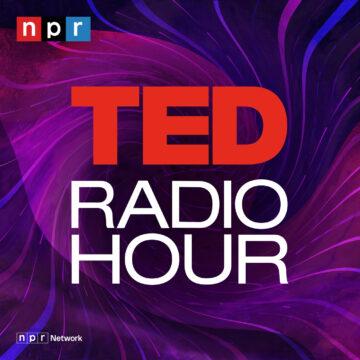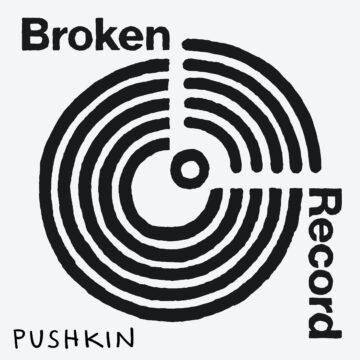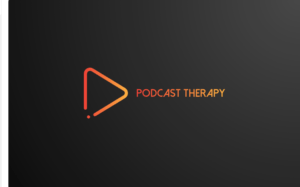That’s right, we are rebooting our Anatomy of a Pandemic series in which we cover various aspects of the COVID-19 pandemic that has held the world in its grip since early 2020. Since our first episodes in the series dropped in March of this year, we have learned quite a lot about the SARS-CoV-2 virus, the disease it causes, patterns in its transmission, and of course, how we can best control it. In our first episode back, we focus on this last facet by exploring what we now know about policies and practices that work best to slow the spread of this virus and dive into some of the nuance surrounding masks, infection hot spots, and traveling. For this episode, we were so delighted to chat with Dr. Saskia Popescu, infectious disease epidemiologist and infection preventionist and Assistant Professor of Biodefense at George Mason University (interview recorded December 4, 2020) (Twitter: @SaskiaPopescu). As always, we wrap up the episode by discussing the top five things we learned from our expert. To help you get a better idea of the topics covered in this episode, we’ve listed the questions below:
- What have we seen so far in terms of regional or statewide control policies or practices that seem to best work for infection control?
- How might something like a nationwide mask mandate or even just fact-based, rational messaging have changed the course of this pandemic in the US?
- Can you highlight some of the patterns in the policies or practices of the countries where COVID-19 has been pretty well managed, in your opinion? Basically, what are other countries doing better than we are?
- Which individual behaviors or practices have been shown to be the most effective for virus control?
- Can you break down some of the different types of masks and explain which types of masks seem to be doing a pretty great job of slowing transmission and which ones may not be as effective?
- Our knowledge of where transmission is most likely to occur has become more nuanced as the pandemic has continued. How do things like grocery store visits and outdoor runs compare to indoor dining or working out in a gym? What are we seeing as hot spots of infection and what are safer than we previously thought?
- Although we know much more now than we did at the beginning of this pandemic, the fundamentals of the virus’s transmission and the ways we can control it haven’t really changed. So where is this surge of cases coming from?
- Do you think the lockdowns or increased restrictions being put into place in some high prevalence locations will have the same effect in flattening this third wave as they seemed to earlier in this pandemic?
- Do you think we’ll see a reduction in seasonal respiratory infections overall due to the mask wearing, increased handwashing, and social distancing people are practicing?
- What are the steps people can take to be as safe as possible if they are committed to traveling during this holiday season?
- What would you say to those experiencing COVID fatigue?
